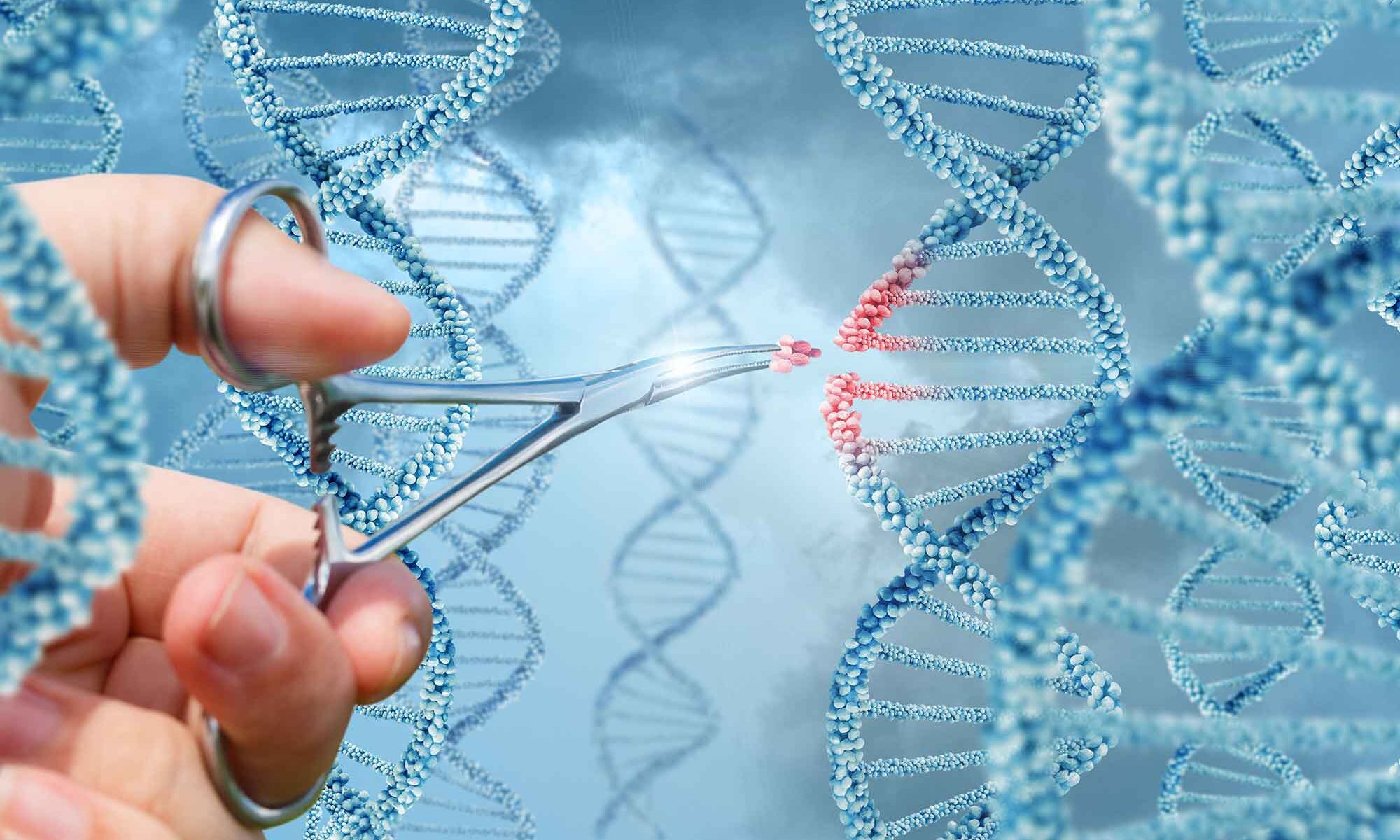Growers, breeders, scientists and politicians have been arguing for years that new genomic techniques, which do not involve genetic modification but ‘editing’ certain pieces of plant DNA, should be allowed. The European Court of Justice made a ruling on this five years ago that these techniques should be classified under genetic modification. As a result, their use for food production was banned in the EU. This deprived European farmers of a new generation of climate-resistant and more nutritious crop varieties.
Seed breeders spoke smirkingly of Europe as an ‘agricultural museum’, while researchers warned of the departure of plant breeding from the EU and politicians openly opposed restrictive European regulations.
The European Commission now wants to lift these restrictions for plants containing genetic material from the same plant or from crossable plants (mutagenesis, cisgenesis or intragenesis). The stricter GMO rules will remain in place for transgenic plants (containing genetic material from non-crossable species).
Principles of the proposal adopted on 5 July are:
- Maintaining a high level of protection of health and the environment;
- Steering developments towards contribution to sustainability goals in a wide range of plant species, especially for the agri-food system;
- Creating an enabling environment for research and innovation, especially for SMEs.
The new regulation does not yet have a legal status. It must first be adopted by member states in the Council and the European Parliament.
Visit the European Commission’s website for more information and the full text of the proposal.
Image: Natali_Mis/Shutterstock



